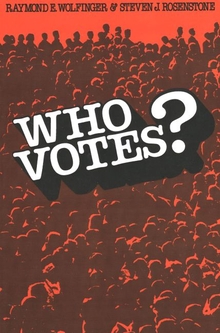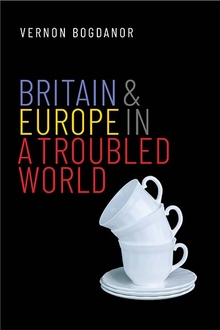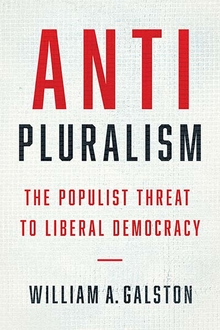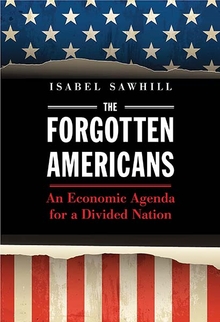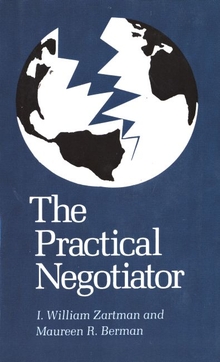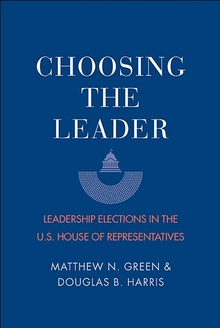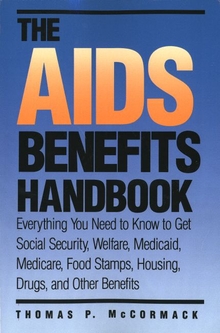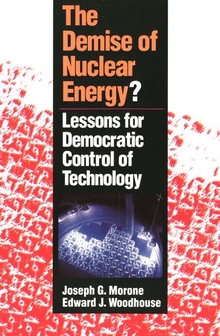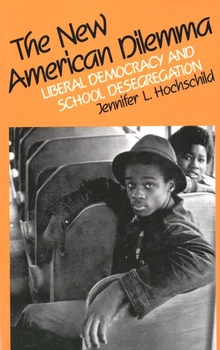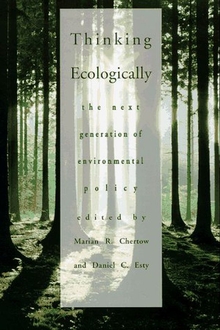Who Votes?
WARNING
You are viewing an older version of the Yalebooks website. Please visit out new website with more updated information and a better user experience: https://www.yalebooks.com
Raymond E. Wolfinger and Steven J. Rosenstone
Elections are at the heart of the American political system, but in 1976 only 54 percent of the voting age population went to the polls. The question of who votes matters greatly to everyone involved in politics and to all those concerned about the current and future state of American democracy. Based on data from the 1972 and 1974 Census Bureau surveys, Wolfinger and Rosenstone are able to identify for the first time those social and economic groups that are most likely to vote and to explain sensibly and convincingly those factors that influence voter turnout.
"From Census Bureau surveys in 1972 and 1974, political scientists Wolfinger and Rosenstone . . . have come to an array of significant, sometimes startling conclusions about U.S. voting patterns and voters' behavior."—The Kirkus Review
"This is an important original contribution . . . [which] will present to the profession a new baseline against which to measure new theories of voting participation."—Richard A. Brody, Stanford University
"Who Votes? is not only the most recent but also the best of the scholarly studies of voting and nonvoting in the United States. It makes excellent use of institutional and political factors as well as social and psychological forces to explain why some people vote and others do not. And it will be of interest not only to scholars and to candidates and campaign organizers as well."—Austin Ranney
"Compared to that in other democracies, electoral participation in the United States is depressingly low. Why? Widely regarded as experts in political behavior studies. Wolfinger and Rosenstone analyze a series of national surveys to understand why some Americans vote while more and more have been choosing not to participate. The result is a sophisticated, highly quantitative, but most readable assessment of the sociological, motivational, and political factors that account for variation in electoral participation. This is an enlightening book that addresses an important problem and will be regarded as the authoritative study of voter turnout."—Library Journal
"This book provides valuable information on voter turnout."—John Herbers, New York Times Book Review
"Professors Wolfinger and Rosenstone have delivered what is, quite simply, the best book we have on who votes and who doesn't vote in the United States."—Everett C. Ladd, Jr., Director and Professor of Political Science, The Roper Center, University of Connecticut
"A seminal study, a classic of parsimony and power, rigorous and relevant."—Aaron Wildavsky, Professor of Political Science, University of California-Berkeley
"This new book is of particular interest. In Who Votes? . . . characteristics of voters and nonvoters are contrasted using the gold mine of data provided by Census Current Population Surveys taken in 1972 and 1974. . . . This is a slim book, written in no-nonsense prose and filled with interesting information."—Norman J. Ornstein, Washington Post Book World
"A fascinating study, and one I hope will find very large custom among both students of the electoral process and the public in general."—Richard M. Seammon, Director of Elections Research Center
"A small book with an explosive wallop. Candidates, campaign managers, convention delegates, and journalists will ignore this volume at their peril. Who Votes? is a most powerful attack on the commonly accepted ideas of American voting behavior. The authors have mined a rich statistical data base, the Current Population Survey conducted by the US Bureau of the Census. Their findings are iconoclastic and utterly opposed to mainstream political science. . . . Their book may revolutionize long-held theories."—Arnold Beichman, Christian Science Monitor
"In the tasks it sets itself, I do not expect soon to see a book that surpasses the achievements of this one."—Stanley Kelley, Jr., American Political Science Review
"A fascinating short study based on 1972 and 1974 Census Bureau interviews with 88,000 citizens—fifty times the number usually interviewed for polls. Rosenstone and Wolfinger have chapters on socioeconomic status, age and sex, registration laws, and political culture. Using sophisticated computer analysis, they are able to determine which variables matter and which do not, and in fact to answer the question of who votes."—Commentary
"A significant addition to the literature on American voting."—John P. Bradley, Social Science Journal
"A seminal work on not only "Who Votes?" but why. The present work corrects a great many errors and fills the critical lacunae found in the existing literature on the topic."—John Oh Ra, Journal of Politics
ISBN: 9780300025521
Publication Date: September 10, 1980
Publication Date: September 10, 1980
160 pages, 5 1/2 x 8 1/4

